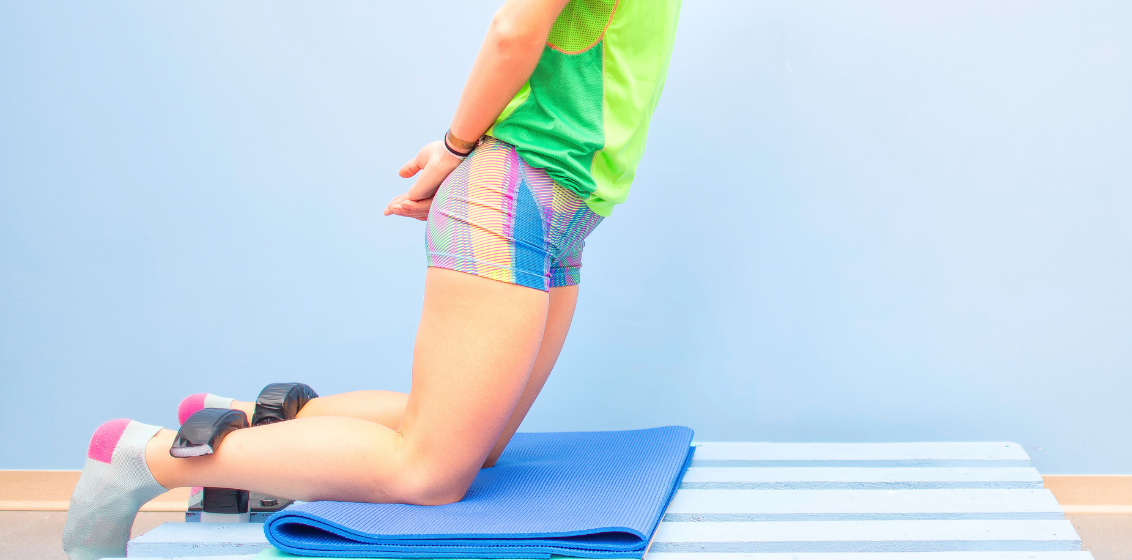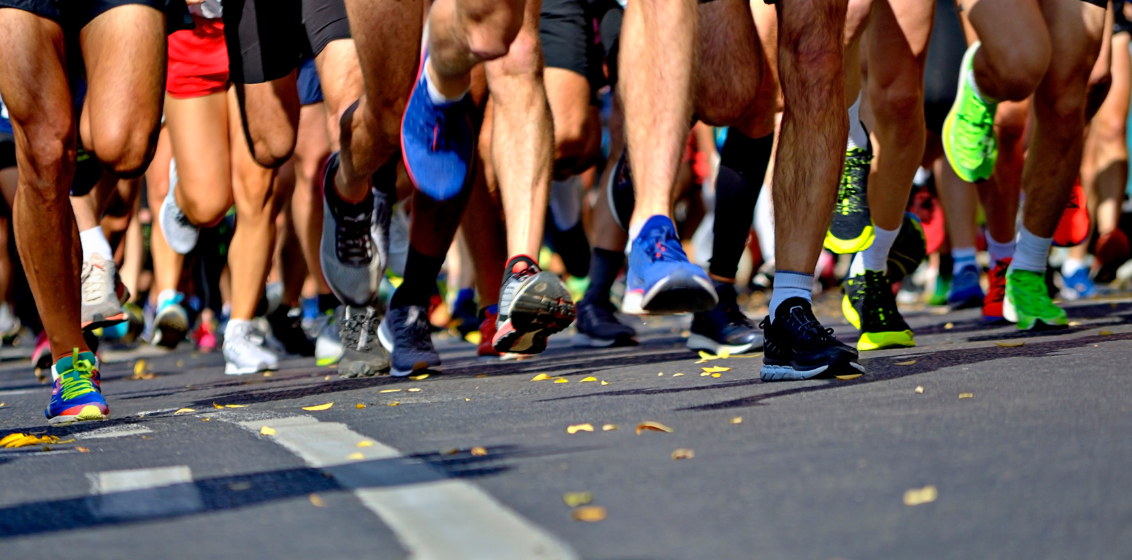3 Exercise Myths Busted

We’ve been asked to address common exercise myths. Here’s three of our favourites we’re happy to bust wide open for you.
“I’m a runner. I shouldn’t do weights; they’ll make me heavy and slow”
This is a really common one we hear. Most runners believe that to run faster, they should just run more. However, we explain in this blog that 3 short (13 minute) strength sessions a week helped runners get stronger and run more efficiently and faster! There’s also the added benefit that strength training is the standout injury prevention strategy. As far as bulking up and putting on weight, this is virtually impossible to do while running consistently, running blunts the weight gain potential of resistance training. Most runners would not have the time to dedicate to strength training to result in significant muscle size increases. For a sample of which exercises to try, check out this video
I’ve hurt my back; I should stop lifting weights
Again, another common story we hear when people come in with a back pain story. At some stage in the past, they’ve had back pain and someone (sometimes a Dr or Physio) has told them that they shouldn’t lift weights as its too dangerous. We busted this myth in our blog post from back in 2016. Research has shown Deadlifts to be just as effective as targeted core exercises in reducing back pain, and that deadlifts can reduce pain by 72%, improve strength and quality of life. Aside from the potential beneficial effect on low back pain, resistance training reduces risk of death, is consistently linked with superior health outcomes and just makes you a more useful human overall. If you have no experience with lifting heavy weights off the ground, we’d advise you to come and get checked out first by one of our Physio team, there are a couple of benchmarks you should hit (flexibility and basic back muscle endurance) before going for the gains and we can teach you how to lift in our gym if you need some help with technique.
Running is bad for your knees!
We don’t like to sound like a broken record, but we wish we had a buck for every time we’ve heard this one too. For someone with advanced osteo-arthritis running probably isn’t the best choice of exercise. For everyone else it’s still an option to consider. A research article tracked older runners (50-70 years old) for 18 years and compared their knee Xrays to a non-running control group. At the end of18 years, Xrays showed less runners had knee arthritis than non-runners (20% vs 32%) and only 2% of runners had severe arthritis compared to almost 10% of non-runners. Running may have been beneficial for bone and cartilage strength but also had positive effects on muscle mass and obesity which are important risk factors for development of osteo-arthritis.



